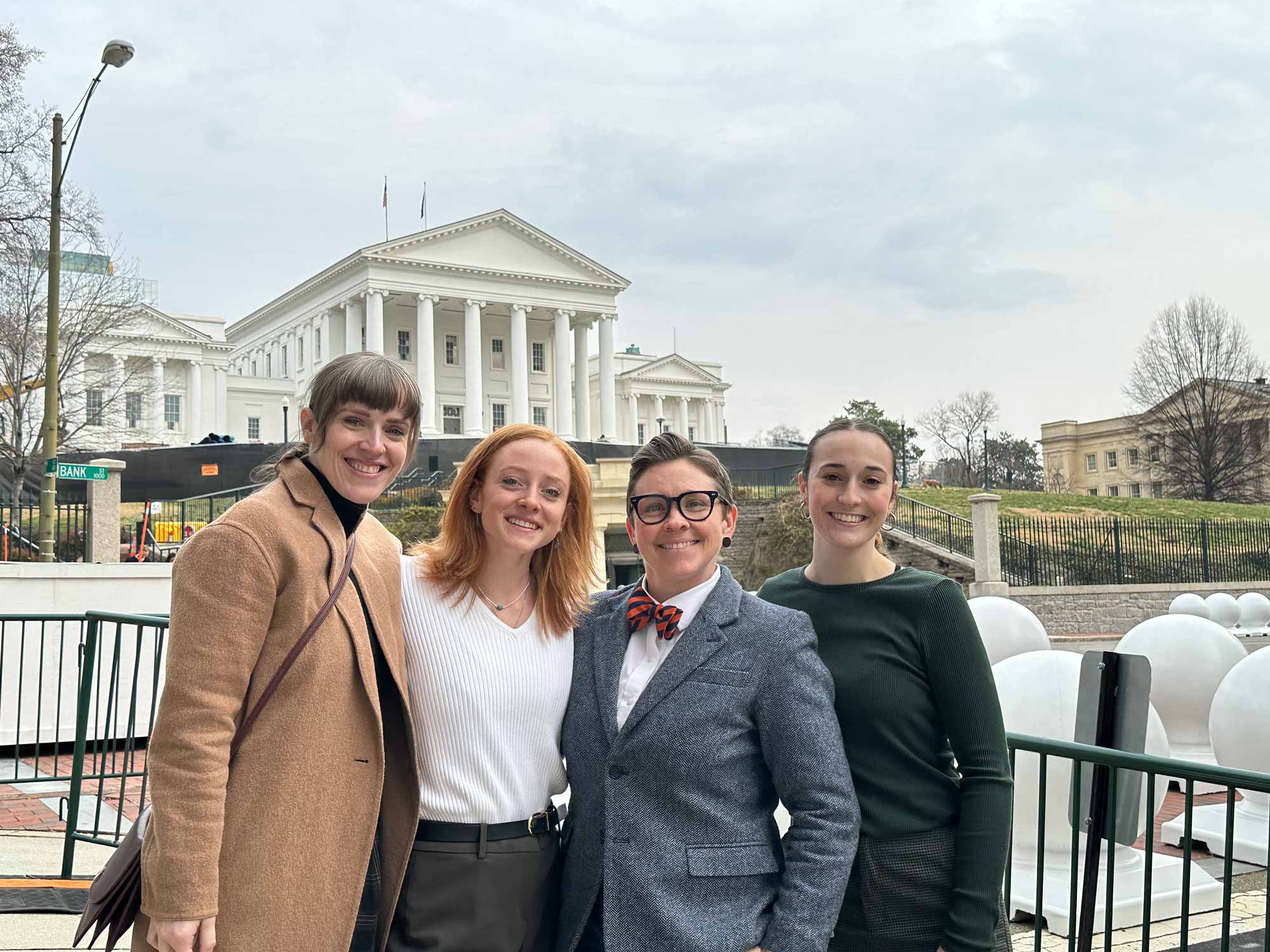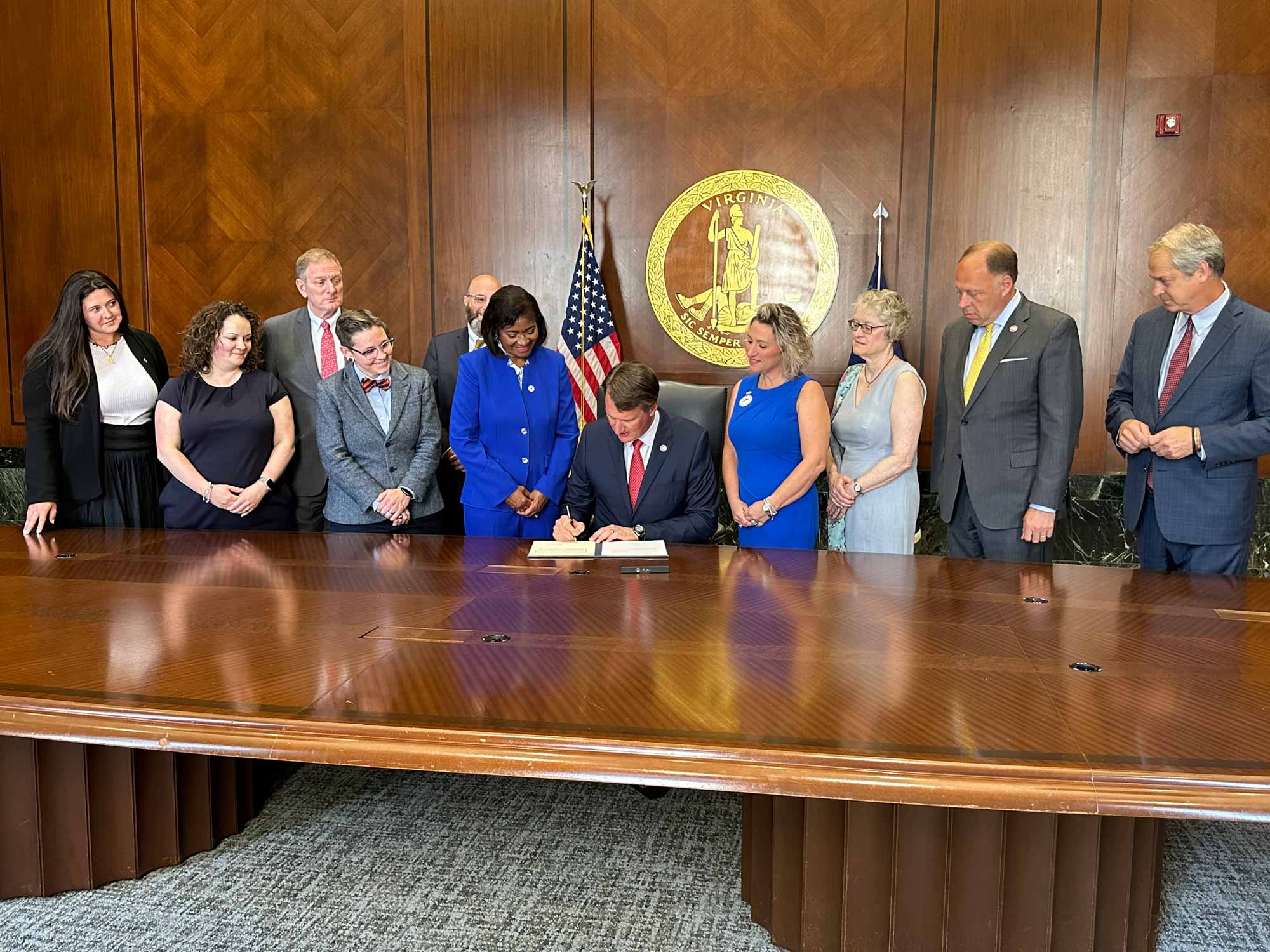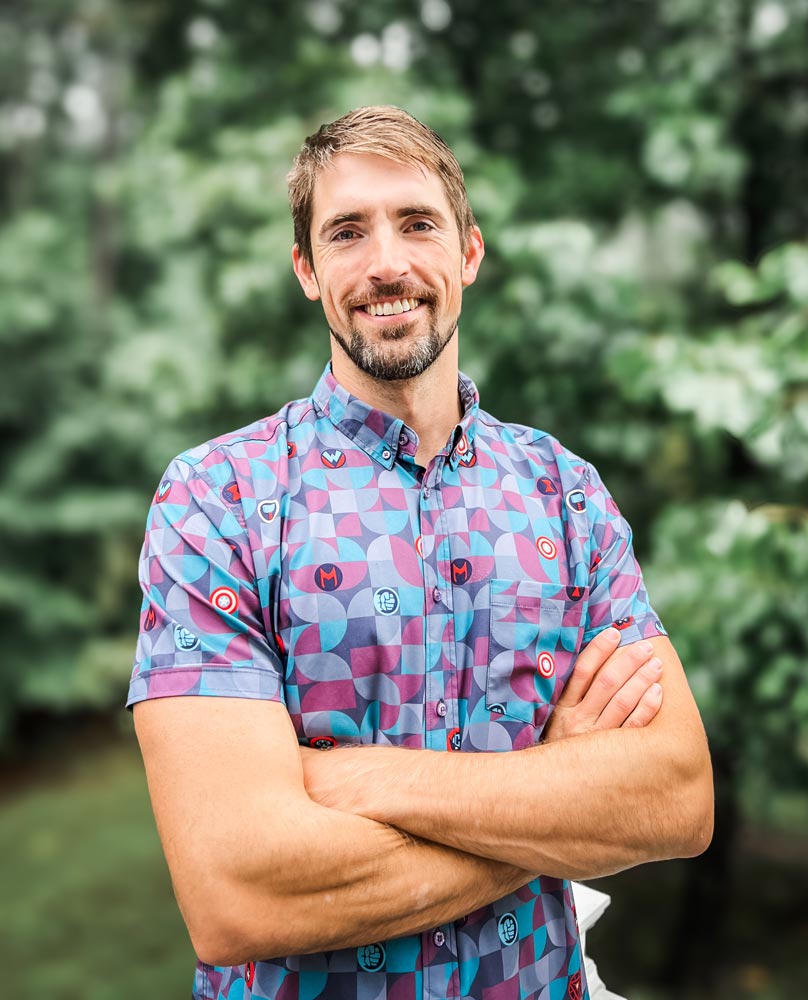“One of the main reasons that nurse practitioner autonomy is so beneficial is because we know that it expands access to care, particularly in rural and underserved areas,” Apple said.
Previously, nurse practitioners who wanted to set up their own clinics first had to spend five years working under a collaborative practice agreement with a physician. They paid a monthly fee – sometimes up to $1,000 – to the collaborating doctor for their supervision.
Proponents of the five-year wait period to practice autonomously argue it would provide nurse practitioners with more training and education, ensuring better outcomes for patients. In practice, however, the agreements’ effectiveness varies widely, and there wasn’t evidence that they helped patients. Some nurse practitioners have active collaboration, while others hear from their collaborating doctors a handful of times per year.
“People think that we are doing the job of doctors, but with less education and training,” Apple, a family nurse practitioner herself, said. “We’re not doing the job of doctors. We’re doing the job of nurse practitioners.”
In June, Apple, along with colleagues in the Virginia Nurses Association and the Virginia Council of Nurse Practitioners, helped pass legislation to shorten the wait period from five to three years.
“Nurse practitioners are trained and licensed to work with a specific patient population,” Apple said. “This narrowed focus allows us to complete our training in less time than physicians, and go on to provide safe, effective, high-quality care to patients.”
That proved true in the COVID-19 pandemic, when Gov. Ralph Northam, a physician, issued an executive order shortening the transition to autonomy to two years. The order was extended for another year in 2021, but lapsed in 2022.
At five years, Virginia had one of the longest transitions to autonomy in the country. In 27 states, nurse practitioners can practice autonomously, and in most of those states, that begins as soon as they receive their licenses.
Nurse practitioner Jimmy Howell, a former punter on the UVA football team, pays $650 a month to a physician he rarely sees to run his pediatric psychotherapy clinic, Mental Fitness Matters, in Charlottesville. After rent for two offices (Howell’s wife, UVA nursing instructor Mary Howell, also sees patients in their practice) and a lobby space, it’s the single greatest expense to running his practice.
While Howell has a good relationship with his collaborating physician, he and his wife expected more support because of the money he pays. Howell worked in a pediatric clinic before opening his therapy practice a couple years ago, and since he and his collaborating physician worked under the same roof, they spoke regularly about their patients. He and his current collaborating physician talk about once a month.
The fee Howell pays for that supervision is lower than what many other nurse practitioners fork over to run their own practices, which can reach close to $1,000 monthly – or more.
Howell and his wife pay that monthly fee as part of their collaborative practice agreement.
“There doesn’t seem to be a cap on it, because it’s a mandated thing that we have to do,” Howell said.
With the newly shortened collaborative practice period, the Howells will save close to $16,000 per year. That opens “a wealth of opportunities,” Howell said.
They could expand to a larger building, offer art therapy and have three wheelchair-accessible offices, making it possible to bring in other providers and clients. That would be especially helpful as more young people across the country report symptoms of depression and anxiety. Already, the Howells have a full roster of pediatric patients seeking mental health care, and just earned accolades as Charlottesville’s “Best Mental Health Provider.”
“It also allows a frame of mind where you feel more empowered,” Howell said. “I’m so appreciative of the work Ashley has done to push this envelope of autonomy.”













